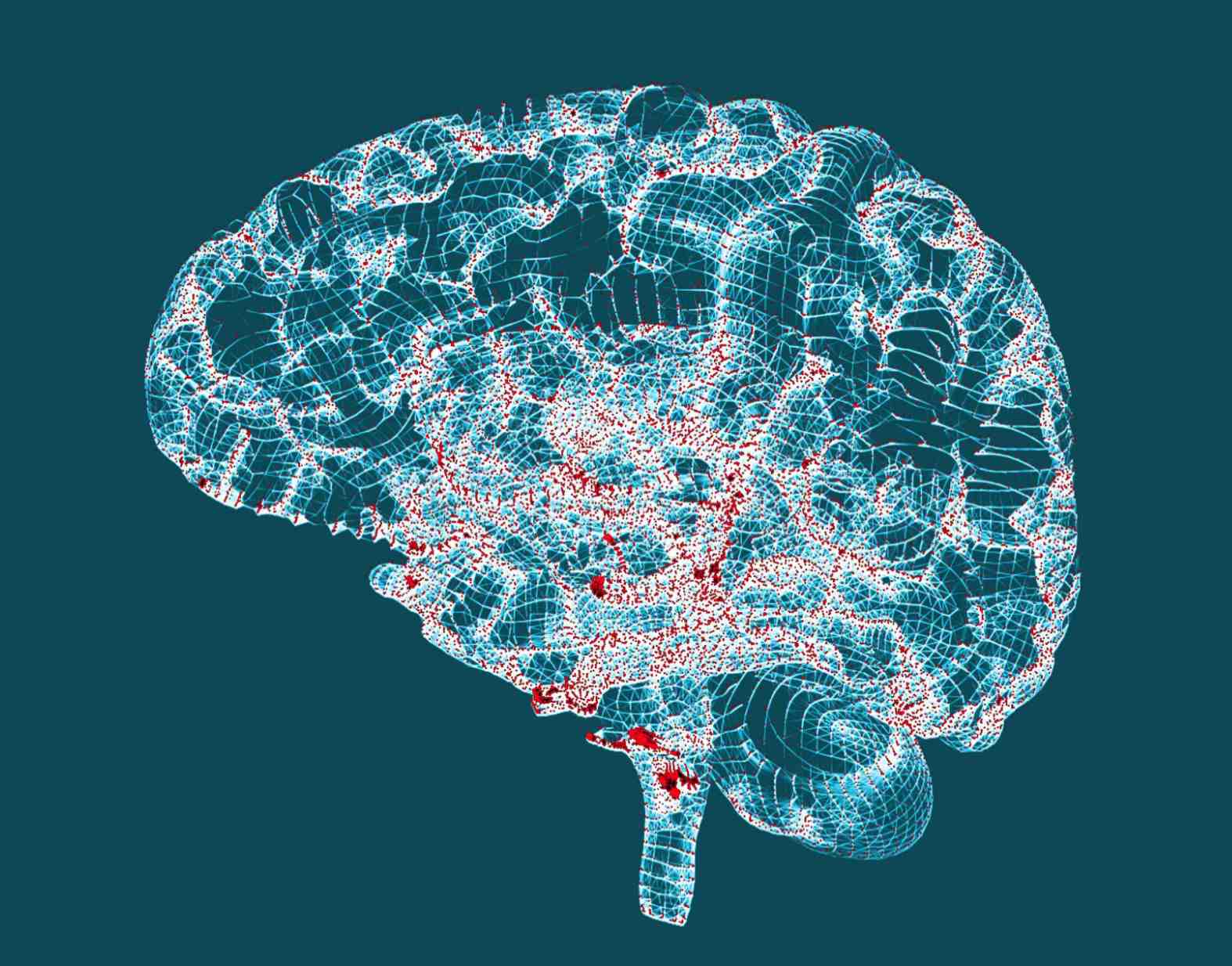New UK study finds most MS patients not offered fatigue treatments
12 Dec 2022
Clinical Result

Preview
Source: PMLiVE
Less than a third of patients with multiple sclerosis (MS) have been offered a treatment for fatigue as part of their routine care, despite it being a symptom reported by 90% of patients, a recent UK study has shown.
MS is a disabling, unpredictable disease in which the immune system attacks the protective myelin sheath that covers the nerves and disrupts communication between the brain and the rest of the body. The disease affects approximately 100,000 people in the UK and 2.3 million globally.
Pharmacological treatments, particularly amantadine, were the most commonly offered at 22.4%, compared to non-pharmacological treatments at 12.6%.
Notably, of those reporting being offered any treatment for fatigue, at least some level of improvement following medications, exercise or behavioural treatments was reported among 59% to 62%.
The findings complement previous evidence on the unmet need for supportive therapies more generally in MS, the researchers concluded, though to date, no study has specifically examined the range of treatments routinely offered for fatigue and factors that are associated with being offered treatment.
The team outlined that research focus now needs to be ‘redirected to understanding and acknowledging the context of delivery in intervention development and on the implementation of evidence based approaches to treat fatigue’ in order to lead to lasting patient benefit.
For more details,please visit the original website
The content of the article does not represent any opinions of Synapse and its affiliated companies. If there is any copyright infringement or error, please contact us, and we will deal with it within 24 hours.
Organizations
Indications
Targets
-Chat with Hiro
Hot reports
Get started for free today!
Accelerate Strategic R&D decision making with Synapse, PatSnap’s AI-powered Connected Innovation Intelligence Platform Built for Life Sciences Professionals.
Start your data trial now!
Synapse data is also accessible to external entities via APIs or data packages. Empower better decisions with the latest in pharmaceutical intelligence.



